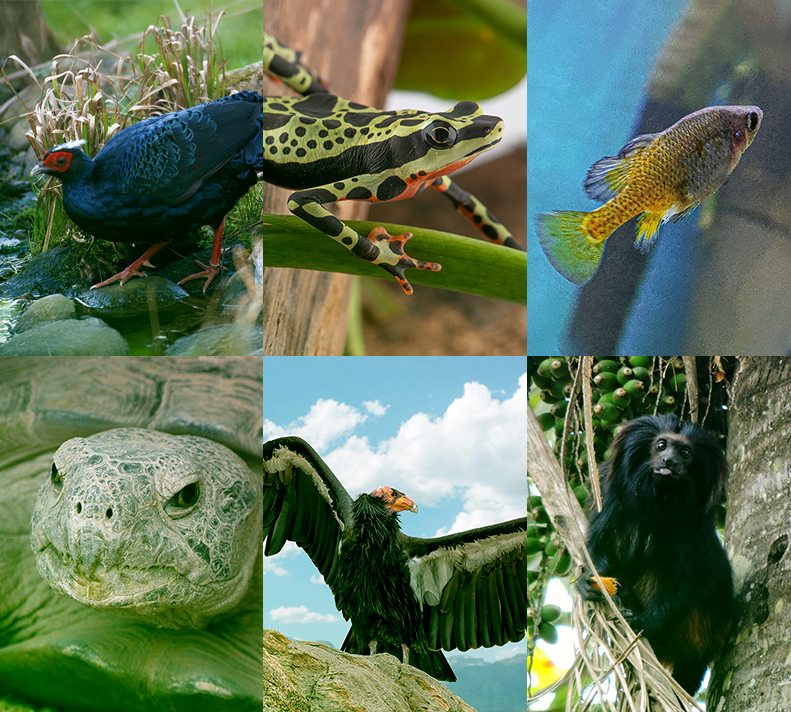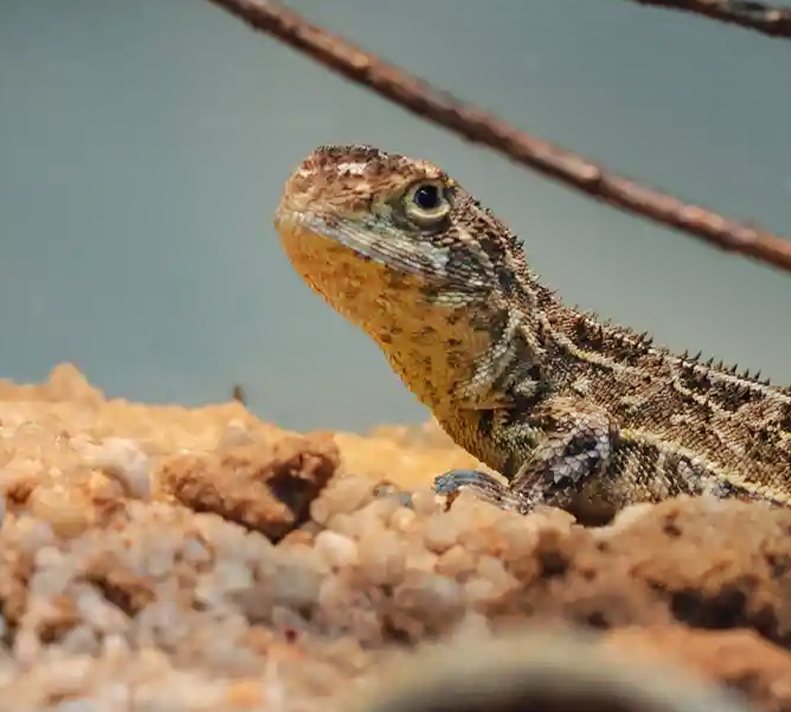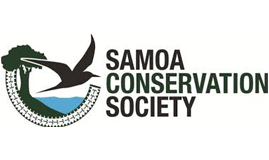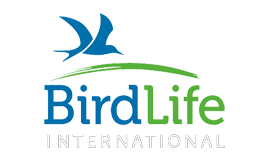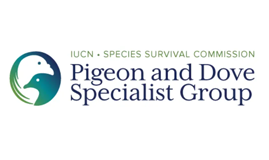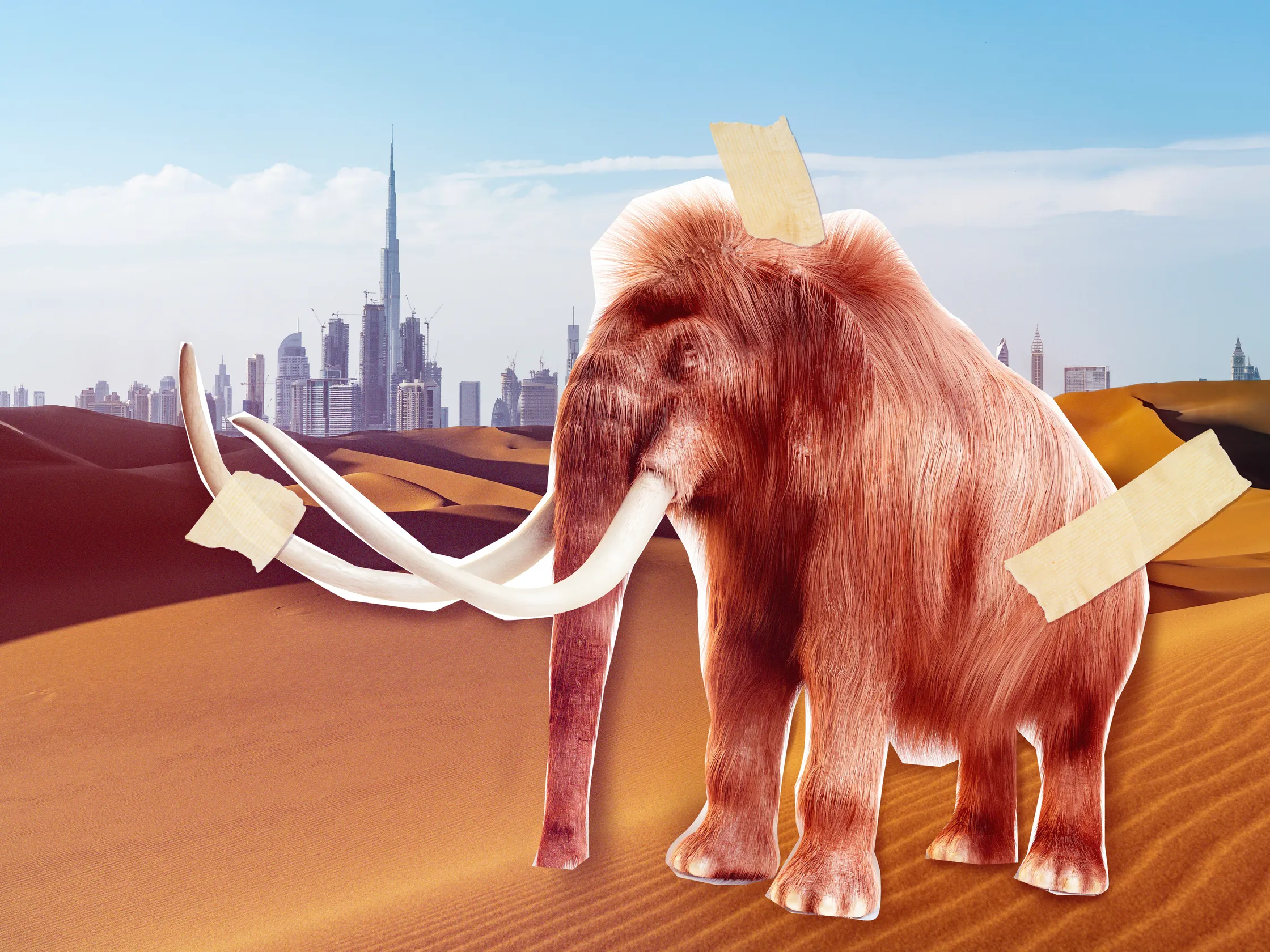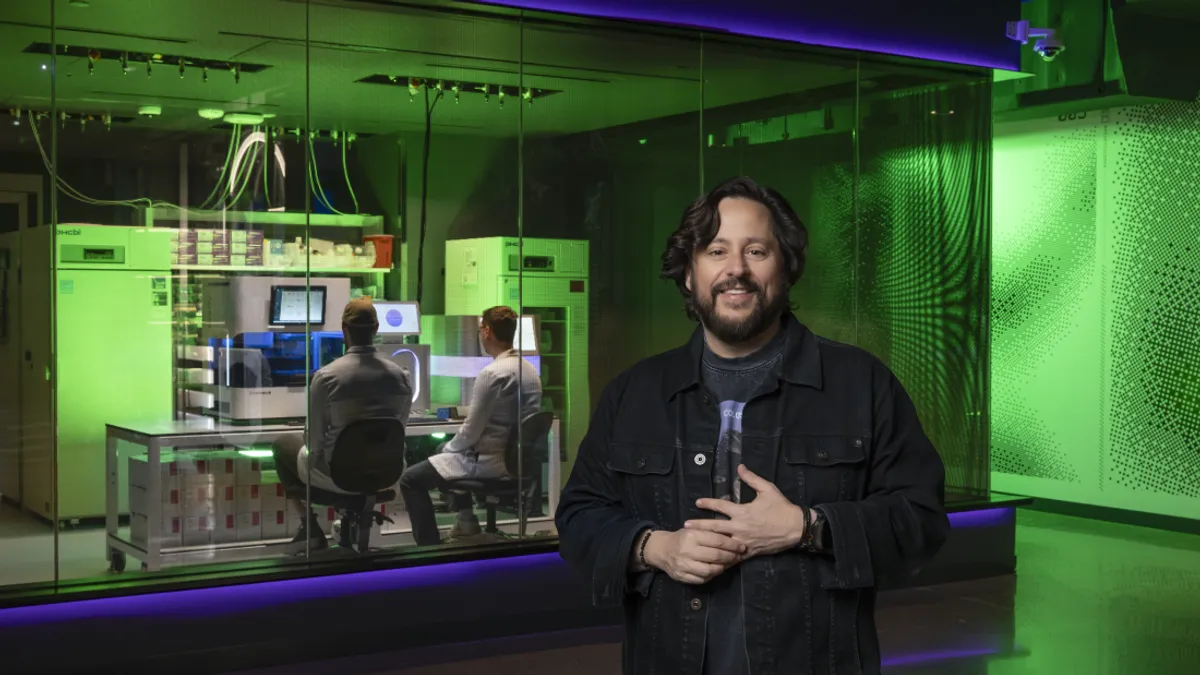
Ensuring Tomorrow’s Biodiversity
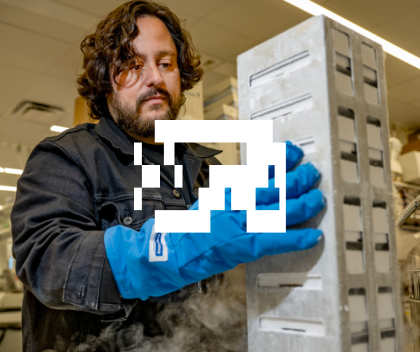
The Largest Distributed Biobanking Initiative in the World & More

The Largest Distributed Biobanking Initiative in the World & More
Developing the genetic repository of species (a biobank) which can act as an insurance policy against unforeseen threats to biodiversity and provide a safety net for species facing extinction. This includes near-extinct, and potentially lost species.


Ongoing Projects


The Species Reintroduction Fund: A Global Rewilding Initiative
The Colossal Foundation has launched the Colossal Species Reintroduction Fund, committing $250,000 annually to support species reintroduction efforts around the world. This initiative is part of a broader conservation practice called rewilding, which seeks to restore ecosystems to natural, self-regulating states by bringing back keystone species that are vital to ecological balance. In the face of the global biodiversity crisis, the fund represents a hopeful step forward in preventing extinctions and restoring the health of wild places by returning endangered and missing species to the habitats that need them.
Lab & Field Notes


Colossal BioVault
Part of our work to fight the extinction crisis is building our Colossal BioVault - the world's largest biobank aimed at preserving the genetic diversity of our biosphere. Starting with the Colossal 100 we're taking steps today to fight the alarming rate that Earth's biodiversity is being extinguished.
Lab & Field Notes
Victorian Grassland Earless Dragon

Rediscovering the Victorian Grassland Earless Dragon
The Victorian Grassland Earless Dragon is a Critically Endangered Australian lizard that was rediscovered in 2023 after not being seen for over 40 years. This project established an interim insurance and conservation breeding program for the recovered dragon population, and utilizes cutting-edge genomic technology to stabilize and grow its population.
Lab & Field Notes
Tooth-Billed Pigeon

Searching for the Lost Tooth-Billed Pigeon
This elusive tooth-billed pigeon, also known as the “little dodo,” is a bird native to the island of Samoa. It is classified as Critically Endangered and has not had a confirmed sighting since 2013. This collaboration is working to develop an A.I.-powered bioacoustic monitoring system aimed at locating the “lost” tooth-billed pigeon using the bird’s unique vocalization.
Lab & Field Notes


Search for Lost Species
There’s a growing list of species presumed to be “lost,” meaning that they have not been documented for at least ten years and are presumed to be extinct. This collaboration supports global expeditions to find and document these elusive species before they are lost to extinction.
Lab & Field Notes
